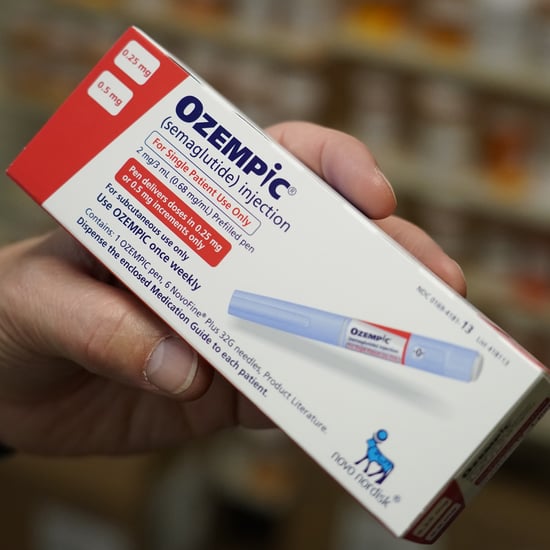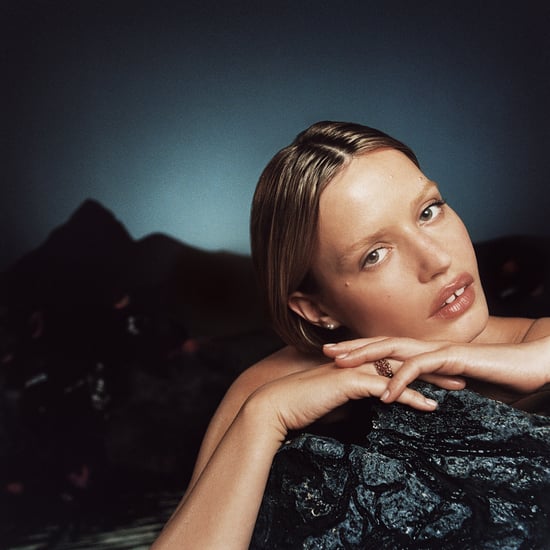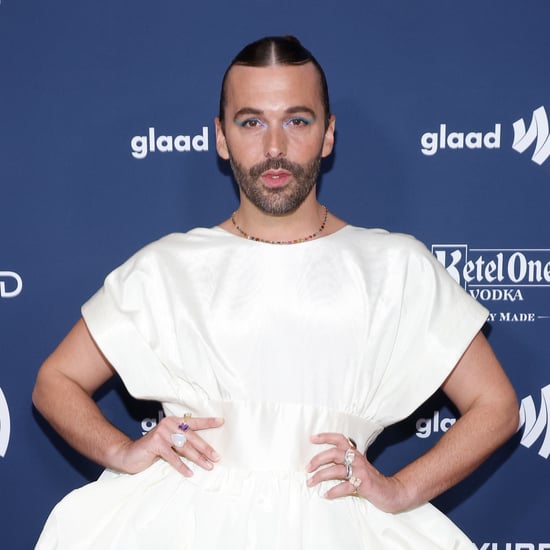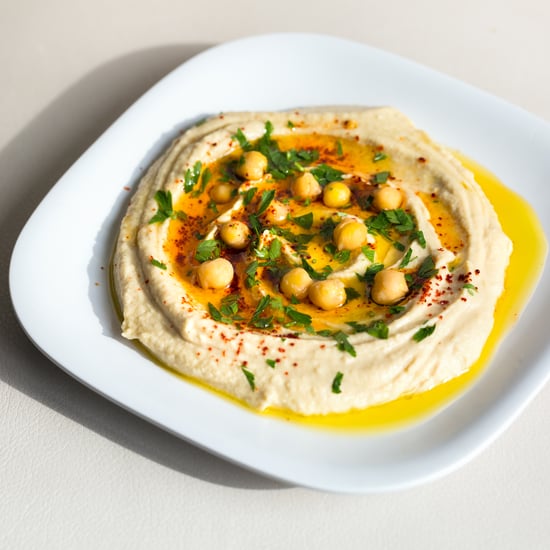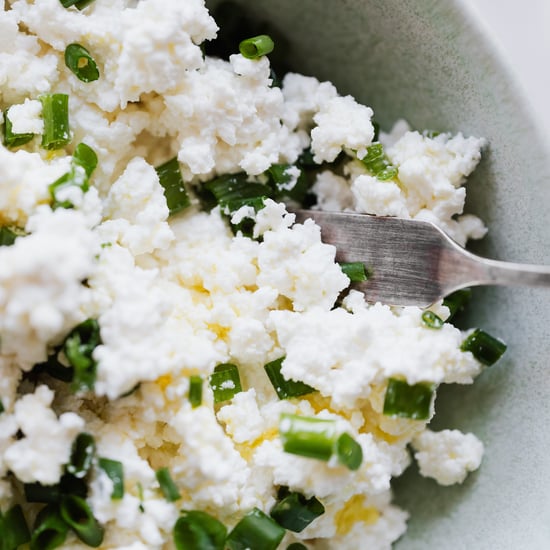Should You Eat After a Workout For Weight Loss?
Here's What — and Why — You Need to Eat After a Workout to Lose Weight, a Dietitian Says
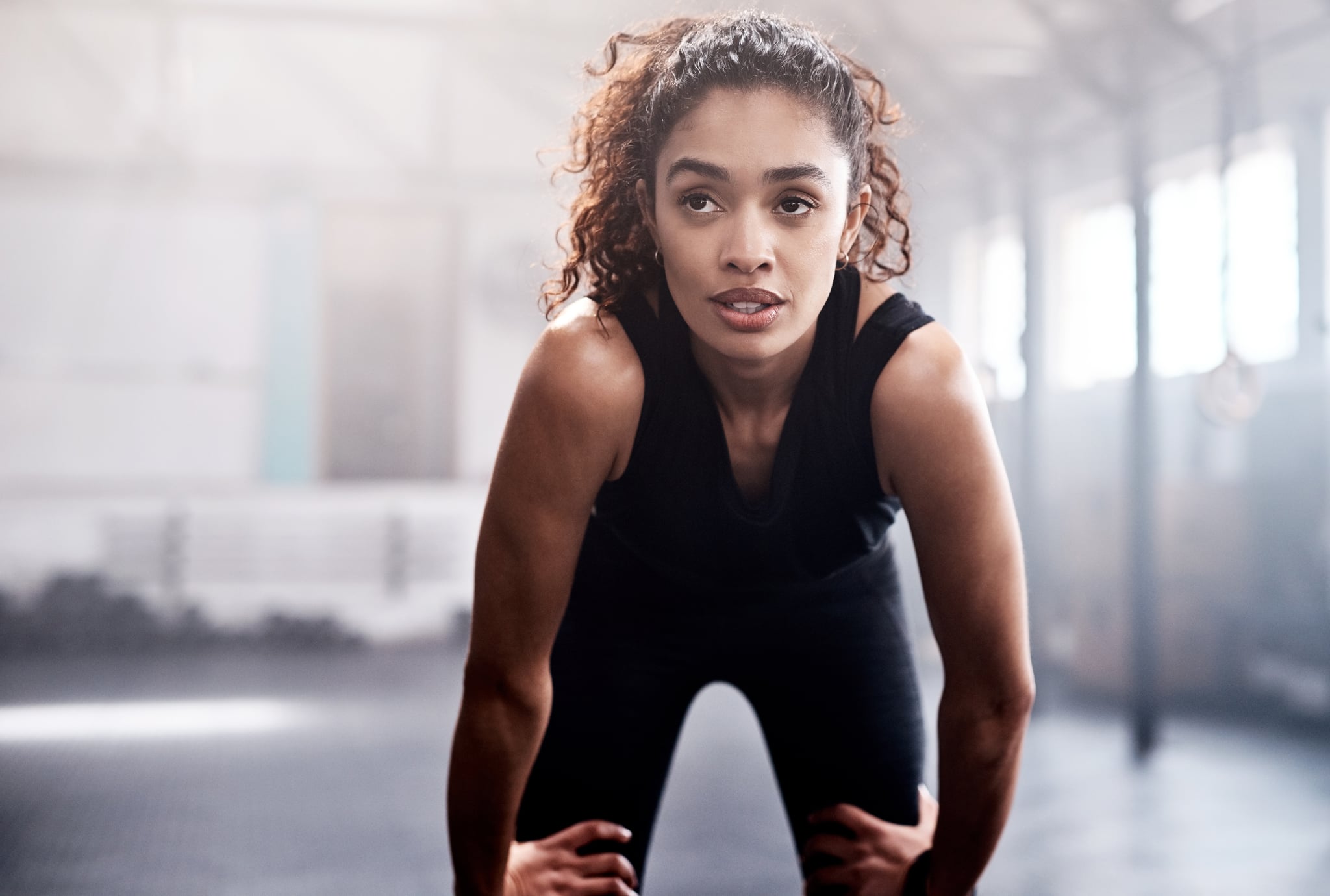
We think a lot about the best foods to eat after a workout, whether you're trying to gain muscle, lose weight, or just satisfy your appetite. But if we narrow it down to weight loss alone, you might wonder whether you should be eating after a workout at all. After all, consuming fewer calories than you burn — aka being in a caloric deficit — is an important factor in losing weight.
If we follow that logic alone, it would make sense to eat less in general, including after workouts. But besides making you hungry, grumpy, and just plain uncomfortable (I mean, I'm usually fantasising about my protein bar before I'm done with my warmup), skipping your post-workout snack can actually work against your weight-loss goals, said registered dietitian Michele Fumagalli, LDN, from the Northwestern Running Medicine Clinic.
Should You Eat After a Workout to Lose Weight?
Yes, you should try to eat within at least two hours of a workout if you're trying to lose weight, Michele told POPSUGAR. This is for a couple of reasons. First and most simply, workouts burn a lot of calories. They make you hungry, and trying to wait out that hunger will just make it more intense and make you more likely to overeat later. Think of your hunger like a gas tank, Michele said. If you get below a quarter of a tank and start to inch toward empty, "we can get 'hangry.' We can overeat, and we make more unhealthy food choices." The hungrier you are, she explained, the less likely you are to be satisfied by healthier, more nourishing food.
But what if you're not hungry after your workout? You should still eat something, Michele said, if not right after the workout then within two hours. The hunger is likely to catch up with you eventually, again increasing your chances of overeating and bumping out of that caloric deficit that's crucial for weight loss. Plus, regardless of your hunger levels, your body is in intense recovery mode after a workout. It needs fuel to make that process happen.
That's also important for weight loss. Eating after a workout, and including protein and carbs in particular, does crucial work to rebuild and repair your muscles. Both protein and carbs help to rebuild your muscles, and eating carbs also replenishes your glycogen stores to keep you fuelled and energised for your next workout. The muscle mass that your body is building with that fuel actually boosts your metabolism, which means you'll burn more calories even after your workout, when you're not actively trying to. Depriving your body of fuel after a workout also deprives you of the muscle and metabolic gains and the weight-loss benefits that come with them.
With all that being said, "ultimately, it's recommended that you try to eat within 50 minutes after a workout," Michele told POPSUGAR. "The max is probably two hours. But really, the sooner the better."
What Should You Eat After a Workout to Lose Weight?
For a normal, sub-one-hour workout, Michele said, simply eat a full meal, if you can. Aim for half of your plate to be vegetables and a little fruit, a fourth to be healthy starchy carbs like quinoa and whole-grain bread, and the last fourth lean protein, like fish, chicken, or turkey. Make sure to rehydrate as well.
If a full meal isn't possible (i.e. you're running to work or an errand, or you don't feel like chowing down chicken at 6 a.m. or 9 p.m.), Michele said that post-workout bars and shakes are fine as long as they are satisfying and include both protein and carbs. "They're for convenience, and they're 100 percent OK to eat," she told POPSUGAR. Here are a few low-carb bars we recommend for weight loss. But if your bar or shake isn't keeping you full for very long, you'll fall into the same issue of overeating as before. "Are you going to be hungry in 30 minutes after a bar?" Michele asked. If so, switch to whole, filling, fibre-heavy foods that will keep you full. (Fibre, like fat, takes longer for your body to digest and therefore keeps you satisfied for a longer period of time.)
So even though, yes, weight loss can happen when you consume fewer calories than you burn, depriving yourself is not the way to go. You do still need to eat! That goes double for workouts, which can be a major tool in your weight-loss journey as long as you give your body enough fuel to get through them and recover afterward. The goal, Michele said, is to hit a calorie deficit but still eat when you're hungry. "We're just eating more nourishing food," she said, which will help you lose weight and feel amazing, both after your workouts and all day long.

